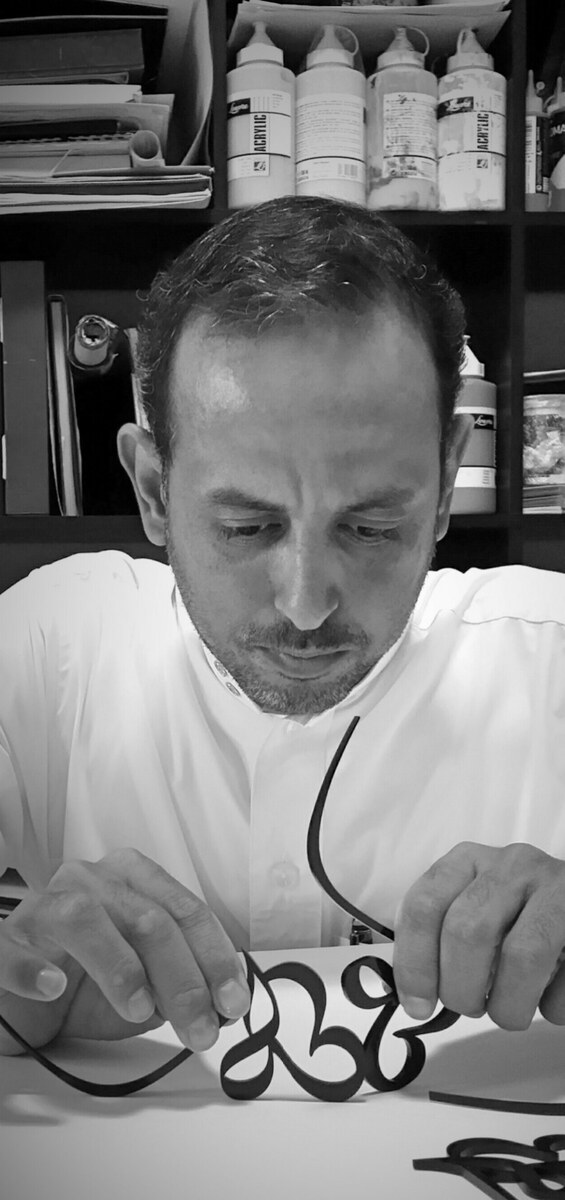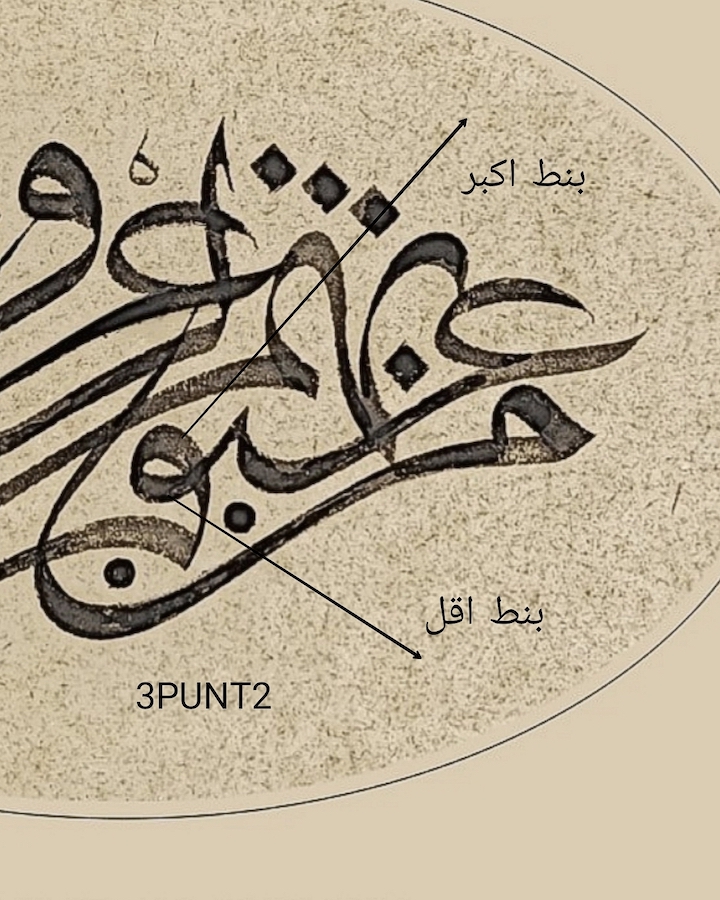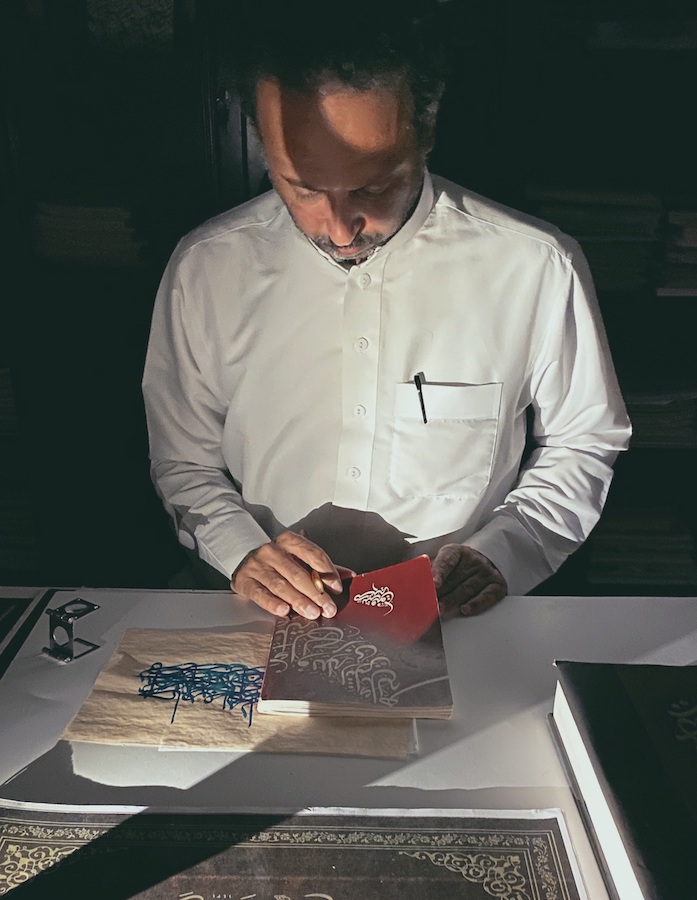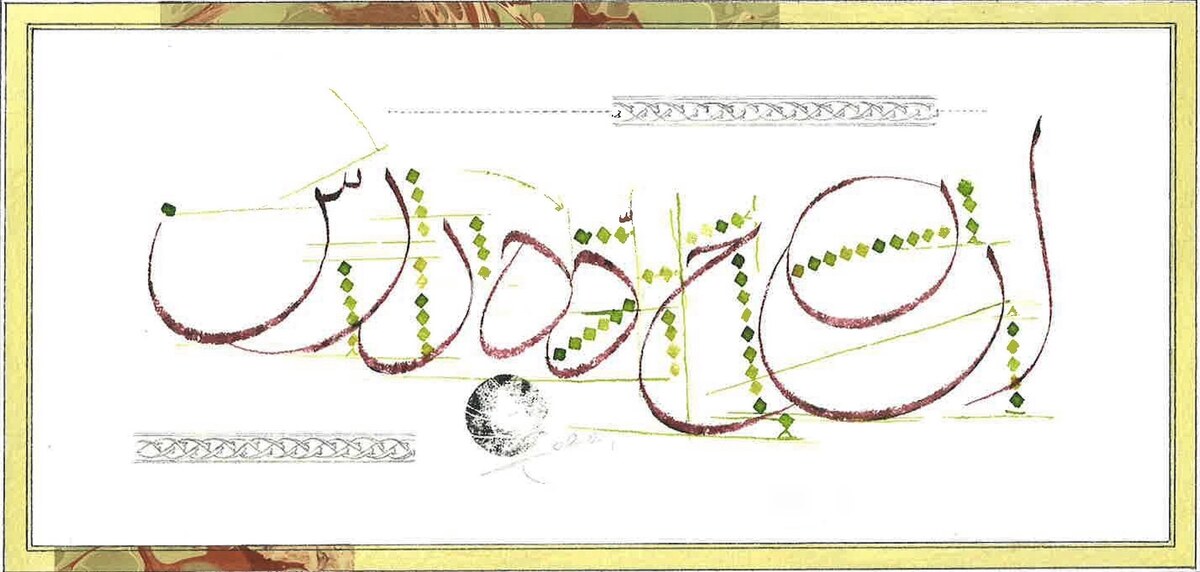LONDON: Visitors to the London Design Fair held last week at The Old Truman Brewery, East London’s revolutionary arts and media quarter, had the opportunity to see a wealth of talent from around the globe. The four-day industry event brought together 550 exhibitors from 36 countries, including independent designers, established brands, international pavilions, features and exhibitions.
Eight designers from the UAE, supported by the UAE Ministry of Culture and Knowledge Development, showcased their work at the d3 (Dubai Design District) “UAE Design Stories: The Next Generation from the Emirates” national pavilion.
d3, a hub for inspiration and innovation, is home to the region’s growing talent pool of designers and artists.

D3 Emirati Designers
Under the theme, “Objects of the Past: Today,” d3 invited the designers to draw on the historical archives of the UAE to create modern designs. This meant exploring the region’s nomadic roots and ancestral legacy. Each piece, specially created for the exhibition, curated by Khalid Shafar, opened a window into the past through a contemporary lens.
The designs, including distinctive jewelry, glassware, leather goods, textiles ceramics and furniture, were displayed alongside the archive materials which inspired them, including film and old photographs of Abu Dhabi by Ronald Codrai, giving the onlooker a rich historical perspective on the work.
Arab News spoke to Aljoud Lootah, a multidisciplinary designer based in Dubai, noted for interpreting Emirati culture and traditional craftsmanship through contemporary design. Lootah is the first Emirati designer to have had her work acquired by an international gallery — the National Gallery of Victoria in Melbourne, Australia. She produces bespoke objects and collectible designs for government organizations and private companies and has been involved in numerous retail and residential interior projects.
For the London Design Fair she created her “Mandoos” collection featuring beautiful suede-lined, camel leather jewelry boxes and cases inspired by traditional dowry chests and drawing on the art of khoos, or palm weaving.
“The dowry chests had a lot of carving and were embellished with metallic studs. The patterns on my collection are inspired by the traditional Emirati craft of palm-frond weaving used to make items such as mats and baskets,” she said.

Photo Courtesy: National Archive
Lootah was keen to pay homage to khoos, which used to be prevalent and has now largely disappeared. This type of reimagining of Emirati traditional crafts is a hallmark of her work. “I want to tell the story of our rich history and culture through modern designs,” she said.
She was struck by the level of interest in the detail of the pieces shown by visitors to the fair and believes that d3 has provided a great platform to showcase UAE designs.
“I really appreciate what d3 are doing — they have been very supportive,” she said.
We also spoke to Abdalla Almulla, who exhibited his “Tie-In” design, a modular steel tube and node system inspired by traditional Arish or palm-frond housing, which can be used to create room dividers and tables.
“As an architect I was intrigued by the old Emirati Arish houses. To construct them they used two main components: palm fronds and ropes. The steel columns in my designs echo the palm fronds and can be adjusted to whatever height is desired and adapted for different functions, for example a screen, or a side table. Back then palms were a main resource in the UAE — you saw them in roofs, wall partitions and flooring. My modern designs reflect both the form and function of the palm,” he said.

Photo Courtesy: Dubai Municipality
“In Dubai I increasingly see people wanting to invest in specially designed pieces rather than just buying from chain stores. There is a growing awareness and interest in local design and production,” he said.
Almulla received his bachelor’s degree in architecture from Woodbury University in San Diego, US, in 2014. For his research based on geometric explorations, he was awarded the Grand Critique Faculty Choice Award and the Best Degree Project Award in Architectural Design.
He has enjoyed showing his work in London. “It was a really great experience to showcase Emirati designs at the London Design Fair, especially as the exhibits raised cultural awareness,” he said.
“The interest expressed by visitors exceeded my expectations. They showed a lot of curiosity in all of our designs.
“d3 has been amazing. From the very beginning, when we were chosen as the Emirati designers, we got support with curation and production — anything we needed. Having the archive material on display alongside our designs made it easy for the visitors to see the correlation between the ancient and modern and added layers of interest to the displays,” he said.
“I think showcasing abroad it is good opportunity to show the world that in our region we are not just consumers — we also make and design and can compete globally,” he said.



































